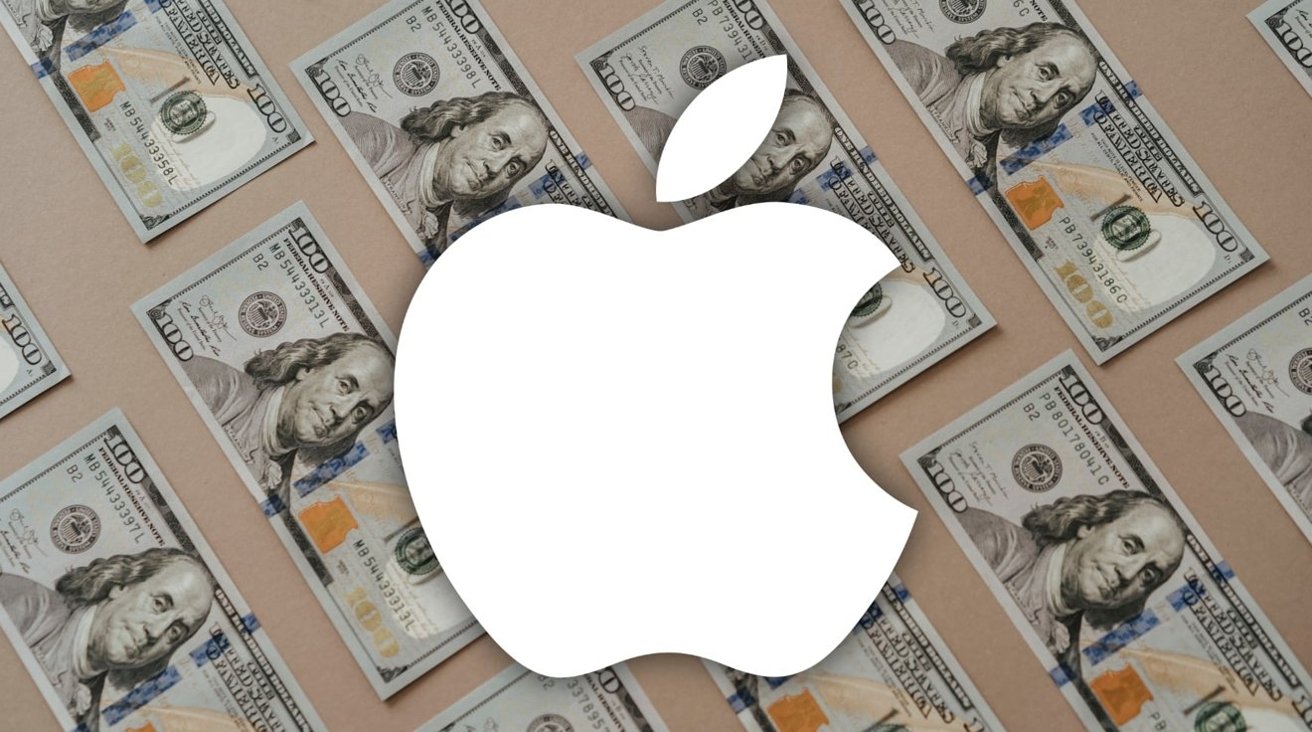The G7 group of nations has agreed to close tax loopholes that encouraged major multinationals like Apple to move their money across borders, with the core change being a global minimum corporation tax rate.
Major economies have wrestled with the problem of properly taxing big companies, such as Apple and other tech giants, for quite a few years. In a bid to try and stop the shifting of funds to tax-efficient countries, the G7 has agreed to take away some of the benefit gained from the revenue movements.
Agreed on Saturday, finance ministers from G7 economies pledged to enforce a minimum global corporation tax rate of at least 15%, reports Reuters. At the same time, measures will be put in place to make sure that taxes are appropriately paid in the countries where the firms operate.
In effect, the agreement would prevent countries from offering deals with companies to charge very low levels of tax.
The final version of the agreement includes language where the ministers "commit to a global minimum tax of at least 15% on a country by country basis." The group also commits to "reaching an equitable solution on the allocation of taxing rights, with market countries awarded taxing rights on at least 20% of profit exceeding a 10% margin for the largest and most profitable multinational enterprises."
Ministers also agreed to push companies to declare their environmental impact in a more standard way.
"After years of discussion, G7 finance ministers have reached a historic agreement to reform the global tax system to make it fit for the global digital age," said British finance minister Rishi Sunak.
Once implemented, the measures should prevent situations such as Apple's Irish tax fight with the European Union from ever occurring.
In 2016, the European Commission ordered Apple to pay 13 billion euros ($14.5 billion) in back taxes to Ireland, due to Apple having received supposedly illegally low tax benefits. This included a tax rate of 0.005 percent in 2014, and 1 percent in 2003.
In February, the European Union said it would appeal the July 2020 judgment by the second-highest court in the EU that fell in favor of Apple and Ireland.
Follow all the details of WWDC 2021 with the comprehensive AppleInsider coverage of the whole week-long event from June 7 through June 11, including details of all the new launches and updates.
Stay on top of all Apple news right from your HomePod. Say, "Hey, Siri, play AppleInsider," and you'll get latest AppleInsider Podcast. Or ask your HomePod mini for "AppleInsider Daily" instead and you'll hear a fast update direct from our news team. And, if you're interested in Apple-centric home automation, say "Hey, Siri, play HomeKit Insider," and you'll be listening to our newest specialized podcast in moments.
 Malcolm Owen
Malcolm Owen







-m.jpg)






 Marko Zivkovic
Marko Zivkovic
 Christine McKee
Christine McKee
 Andrew Orr
Andrew Orr
 Andrew O'Hara
Andrew O'Hara
 William Gallagher
William Gallagher

 Mike Wuerthele
Mike Wuerthele
 Bon Adamson
Bon Adamson




-m.jpg)



77 Comments
I wonder how many of those that insisted "Apple never did anything wrong" and that "politicians should focus on closing loopholes rather than going after Apple" are going to be singing the same tune now that politicians have worked together to close loopholes.
Apple should close shop in all those money grabbing countries. That’ll teach them!